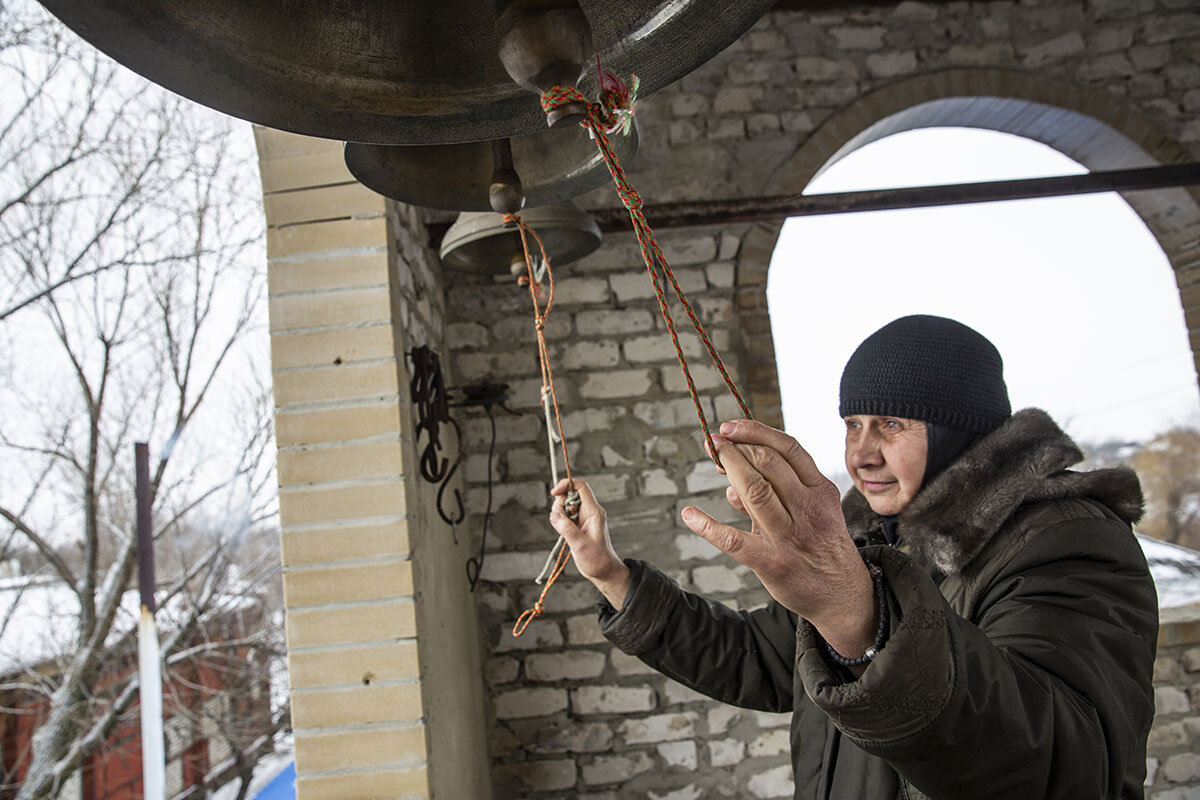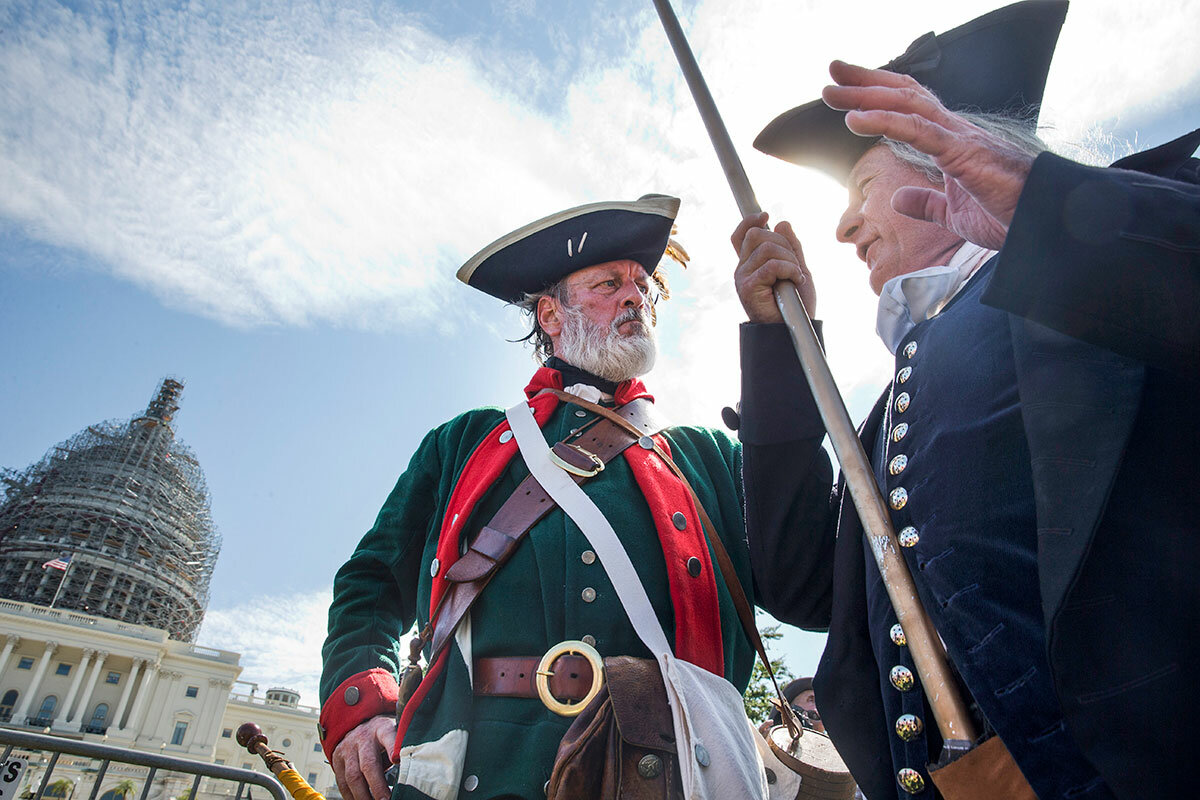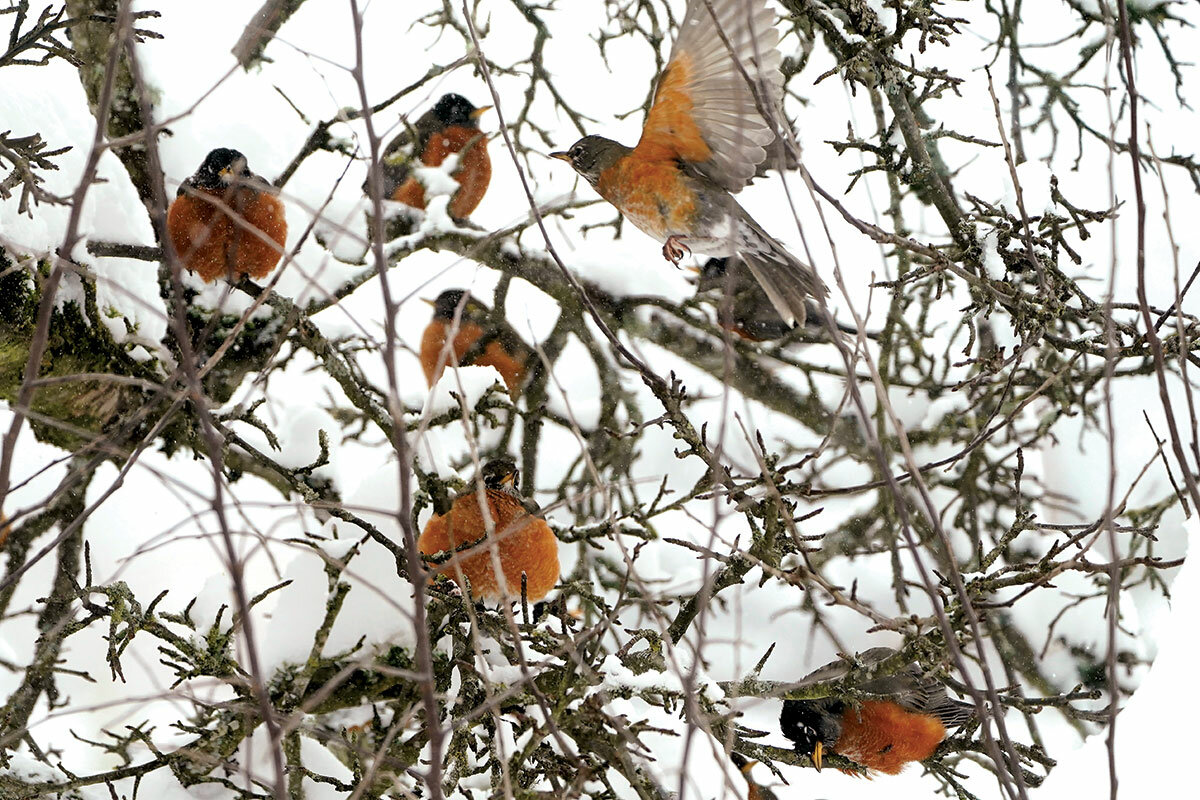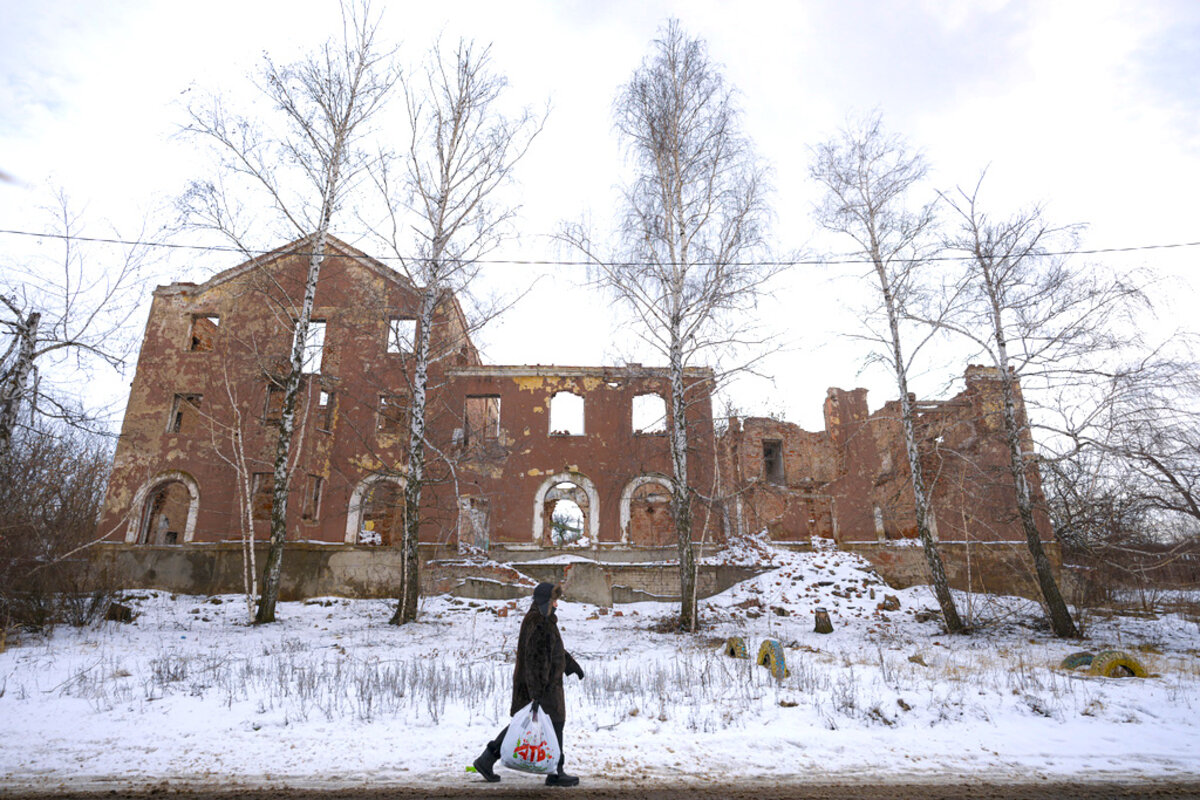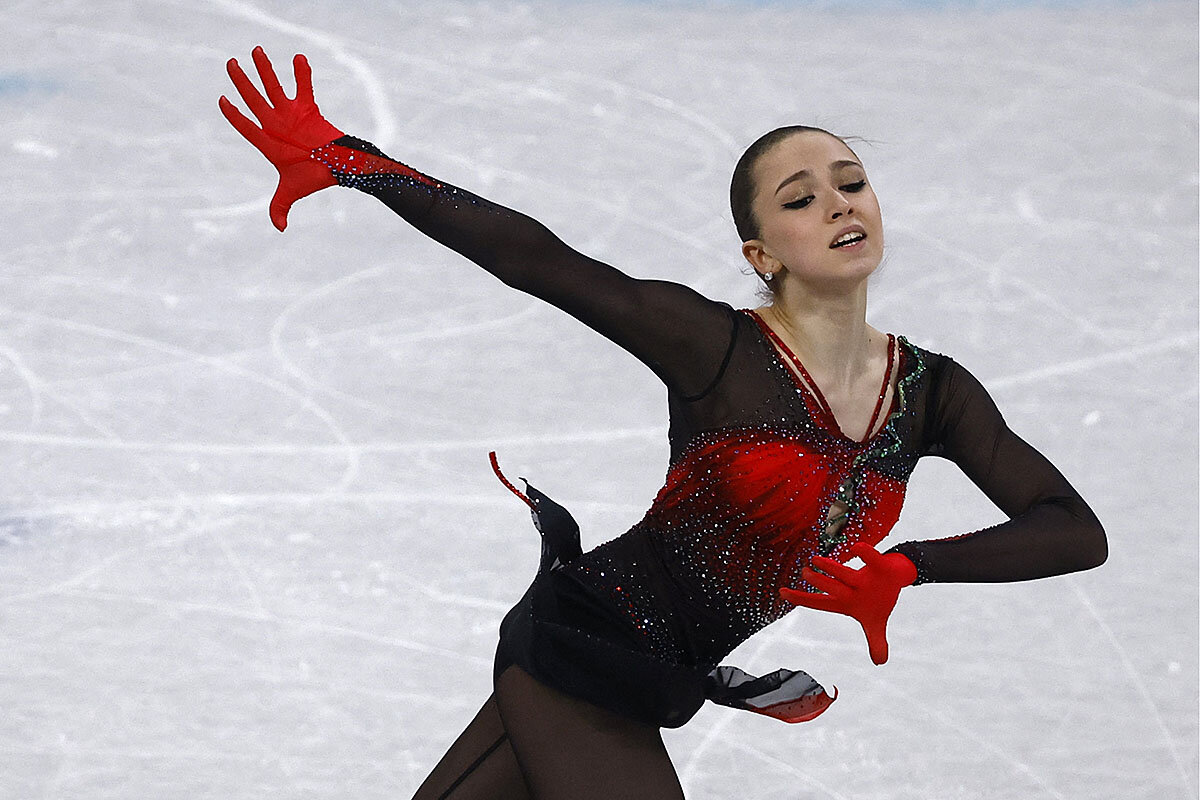On Ukraine’s border with Russia, residents confront a kaleidoscope of identities: former Soviet citizen, Russian speaker, Ukrainian national. The Monitor talked to some amid the sharpening tensions.
Monitor Daily Podcast
- Follow us:
- Apple Podcasts
- Spotify
- RSS Feed
- Download
 Amelia Newcomb
Amelia Newcomb
It’s the kind of call no editor wants to receive: one with news that your correspondent has been arrested.
But that’s what Monitor editors got Saturday from a friend of Fahad Shah, an internationally respected journalist who has written for the Monitor for many years from Kashmir, India, and is editor of The Kashmir Walla. The friend told us that Mr. Shah had been charged with sedition for stories that police said were “glorifying terrorist activities.”
Just days before his arrest, Mr. Shah had been questioned in response to a story about a deadly police raid. The Kashmir Walla interviewed the family of one of the casualties, a 17-year-old police called a “hybrid militant” but the family said was an innocent civilian. The story included comments from the police and the army.
The Monitor has issued a statement calling for Mr. Shah’s release, as have numerous other publications and media groups, including the Editors Guild of India, DigiPub News India Foundation, the International Press Institute, and the Committee to Protect Journalists.
As they work for his release, the staff of The Kashmir Walla are continuing to publish. But Mr. Shah’s arrest comes amid an intensifying media crackdown. India, which ranks 141st out of 180 countries in the 2021 World Press Freedom Index, put Kashmir under its direct rule in 2019, ending the region’s special autonomous status. The Kashmir Press Club closed last month, and journalists face increasing pressure; a contributor to The Kashmir Walla was arrested last month and remains in jail. Mr. Shah has been repeatedly harassed and detained for hours of questioning, and his publication said he could face life imprisonment if convicted.
The authorities “don’t want people to know what they are doing here,” says one local observer who knows Mr. Shah. “They want [people] to fall in line. Fahad has refused to do this despite the intimidations.
“It’s not just that Fahad has been arrested,” he adds. “It means a lot for the fraternity. The authorities are saying, ‘If we can arrest Fahad, then you are no one.’”
Mr. Shah, he says, had been told by family and friends concerned for his safety to shutter the publication and leave. But the journalist has consistently refused: “He always told me, ‘If I run away right now, I don’t know how to face people when I come back.’”




